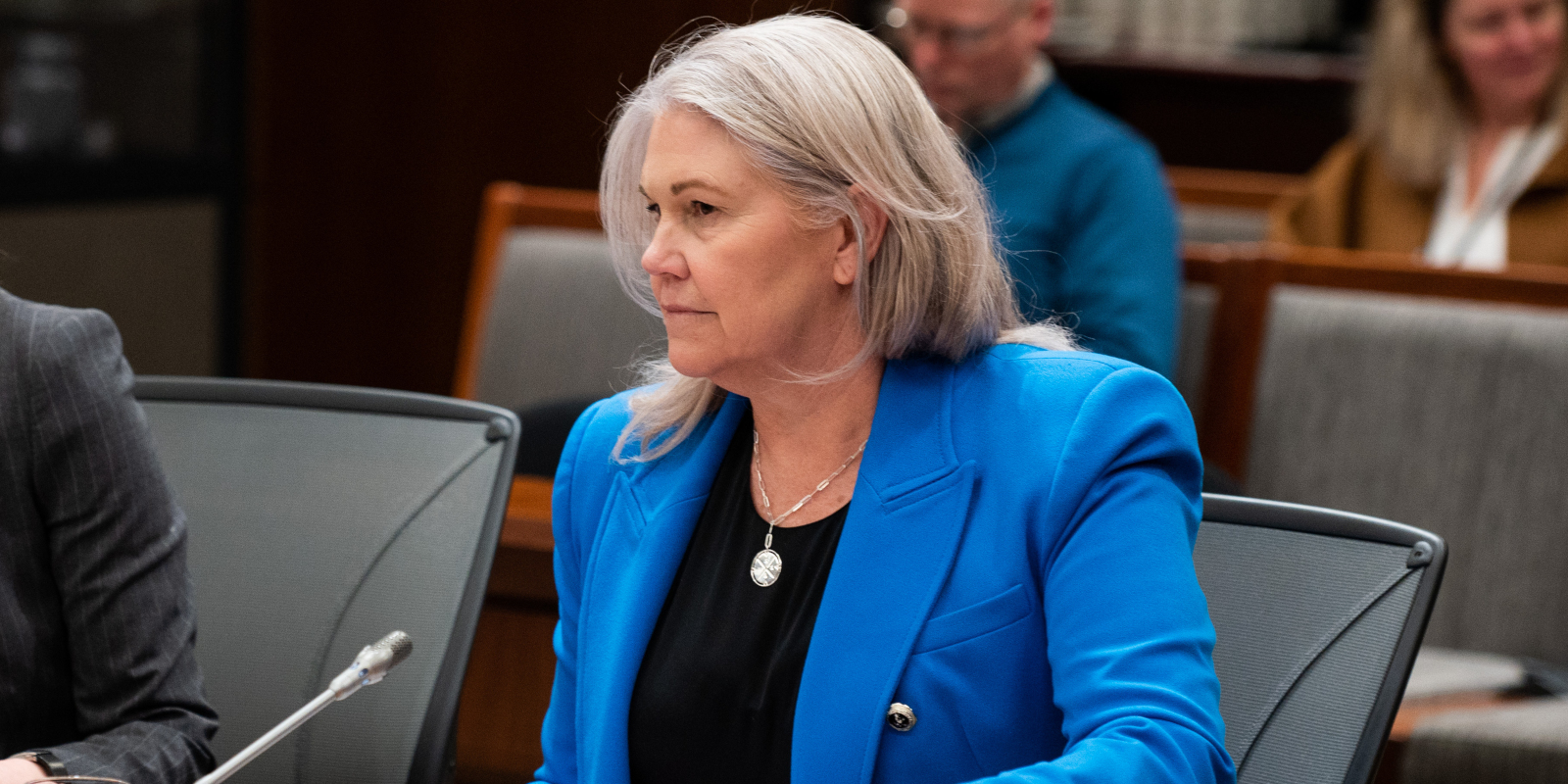Prime Minister Justin Trudeau’s national security advisor admitted on Thursday that something went wrong with how the government handles reports from intelligence agencies but denied opposition claims that it was a wide-ranging systemic failure of Canada’s government machinery.
“I think that there was a breakdown in process and not only a breakdown in process, I think, insufficient process. And so we have rectified those problems,” said Jody Thomas, the prime minister’s national security advisor, who was testifying Thursday at the procedure and House affairs committee.
The committee is studying recent reports about members of Parliament being targeted by the Chinese government for intimidation for their public statements or voting habits.
“I would submit it was more than a breakdown in process. It is a colossal failure on the part of this prime minister that we would have three MPs targeted (by China),” said Conservative MP Michael Cooper.
Media reports about Conservative MP Michael Chong being targeted by the Chinese government broke in the first week of May and opposition MPs were incredulous about the testimony by Thomas that these breakdowns had already been fixed.
“Are you really telling me that this completely was broken and in two or three weeks you fixed the problem?” said NDP MP Rachel Blaney.
“Because if it was this simple to fix then why on earth was it not fixed earlier?” said Blaney.
Thomas said the government is still reviewing the processes involved in how intelligence is handled, but said the specific issues that lead to the intelligence report about Chong not being circulated to ministers and the prime minister have been corrected.
“I think that some of the processes that we’ve laid out will be useful, and in fact, helped close some of the gaps we’ve seen,” said Thomas.
“We’re not going to rest on that and I’m going to contract with some security experts to come in and look at our process and give us advice on how we can make it even better and I’m certainly working with my colleagues in the Five Eyes (intelligence alliance) to help us improve our process based on their experiences,” said Thomas.
Thomas said that if there were any physical threat to Chong or his family he would have been notified immediately, even under the pre-existing guidelines used by the Canadian Security Intelligence Service.
“There was no physical threat to him and I want to make that very clear, which doesn’t mean that this is not serious,” said Thomas.
Thomas said she thinks the reports given to MPs could be more detailed and descriptive instead of the “anodyne” briefings that are currently offered.

Although she admitted to a breakdown in the process, Thomas argued against a public inquiry into the issue of foreign interference in Canadian elections because the intelligence information is so sensitive. All the opposition parties have argued for a public inquiry, although David Johnston, the government’s special rapporteur looking into the issue, recommended against the idea, calling for a series of public hearings instead.
“That leads me to my concern about public inquiry. There would be very little more than what I have said here that I can say in a public inquiry. Protecting the sources of the intelligence is critical and protecting the technique in terms of how we collect intelligence is critical,” said Thomas.
Thomas also revealed how the report on Chong was missed by the government. Although Trudeau had previously told reporters that the intelligence report about Chong had never left CSIS, Chong later revealed that he had been told that it was sent to three ministries and the national security advisor at the time.
At committee on Thursday, Thomas said the deputy ministers in public safety, defence, and foreign affairs had all been sent the report, which didn’t refer to Chong specifically, but just an MP. Those deputy ministers were responsible for briefing the ministers, but Thomas said there’s no evidence that ever happened.
The report had found its way into what Cooper referred to as a “black hole.”
Recommended for You

Laura David: Red pill, blue pill: Google has made its opening salvo in the AI-news war. What’s Canadian media’s next move?

The Notebook by Theo Argitis: Mark Carney’s first major tests

The Weekly Wrap: Trudeau left Canada in terrible fiscal shape—and now Carney’s on clean-up duty

Ben Woodfinden: Lament for an ‘elbows up’ nation



